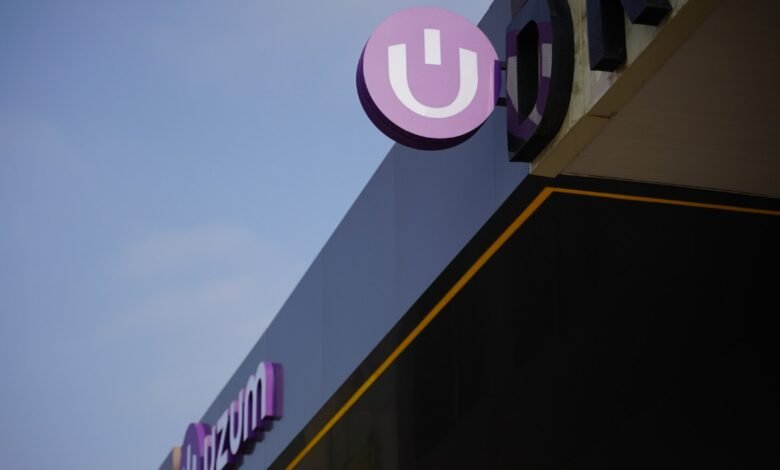
▼ Summary
– Uzbekistan’s Uzum raised $65.5M in funding co-led by China’s Tencent and VR Capital, reaching a $1.5B valuation.
– Uzum operates e-commerce, fintech, and food delivery services, serving over 17M monthly users and 16,000 merchants.
– The startup’s digital banking arm, Uzum Bank, issued 2M Visa debit cards and achieved $200M in Q1 lending volume.
– Uzum attributes its rapid growth to local expertise, infrastructure, and a logistics network handling 200,000+ daily orders.
– The company plans to expand internationally, introduce new fintech products, and aims for a $250–$300M Series B in 2026.
Uzbekistan’s Uzum has officially joined the elite club of billion-dollar startups, achieving a $1.5 billion valuation after securing fresh funding from global investors. The Tashkent-based company recently closed a $65.5 million investment round co-led by China’s Tencent and VR Capital, with participation from FinSight Capital. This latest injection of capital marks a significant milestone for the young firm, which first reached unicorn status in March 2024 with a $1.16 billion valuation.
Since its launch in 2022, Uzum has rapidly expanded from an e-commerce platform into a diversified digital ecosystem, encompassing fintech, banking, and food delivery. Its flagship marketplace, Uzum Market, now serves over 17 million monthly active users, nearly half of Uzbekistan’s adult population. The company’s financial services arm, Uzum Bank, has already issued 2 million co-branded Visa debit cards and expects to surpass 5 million by year-end.
The startup’s aggressive growth is reflected in its financial performance. In the first half of 2025 alone, Uzum recorded $250 million in gross merchandise value, a 1.5x increase year-over-year. Its unsecured lending business also saw a 3.4x surge in financed volume, reaching $200 million in Q1. Net income for 2024 stood at $150 million, up 50% from the previous year.
So how did a three-year-old startup achieve such rapid scale in a frontier market? Founder and CEO Djasur Djumaev credits a deep understanding of local consumer behavior combined with operational discipline. By building its own logistics network, spanning 112,000 square meters of warehouse space, and establishing 1,500 pickup points nationwide, Uzum ensures next-day delivery for over 200,000 daily orders.
The company’s strategy has also attracted heavyweight backers like Tencent, which joined after months of negotiations. Uzum’s next phase includes expanding into cross-border e-commerce, opening its marketplace to merchants in China and Turkey by September. Additionally, it plans to roll out new fintech products, including deposit accounts and long-term credit facilities, while enhancing AI-driven fraud detection and personalized banking experiences.
With 12,000 employees and ambitions for a Series B raise of $250–$300 million in 2026, Uzum is positioning itself for an eventual IPO. For now, its success underscores the untapped potential of Central Asia’s digital economy, and how local expertise, when paired with global investment, can create a regional powerhouse.
(Source: TechCrunch)



